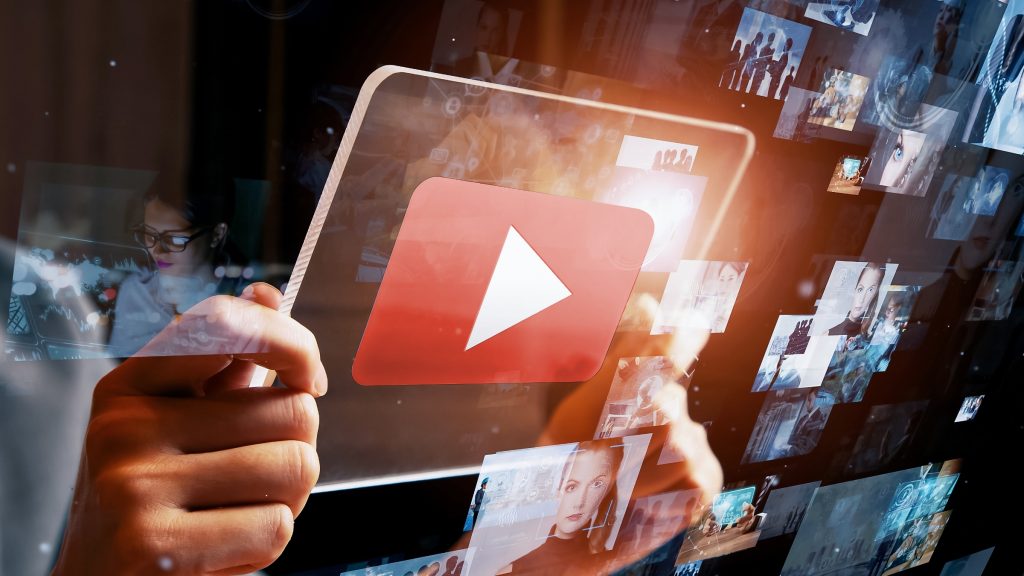
YouTube’s new policy will mandate creators to disclose the use of AI in crafting realistic content, except for AI-generated scripts and captions, effective from this Monday.
- The policy change is part of YouTube’s broader initiative to increase transparency surrounding potentially misleading or confusing content.
- Creators uploading videos will be prompted to confirm if their content includes AI-generated elements that could be mistaken for real people, events, or places.
YouTube is set to implement a new policy requiring creators to disclose the use of artificial intelligence (AI) in generating realistic-looking content.
The changes are coming into effect starting Monday. They are part of YouTube’s broader effort to enhance transparency surrounding potentially misleading or confusing content.
The platform is trying to address concerns that online safety experts have raised regarding the spread of AI-generated content. Particularly now as it is an election year in the U.S. Based on what we’ve seen in the industry so far, the increasing accessibility of generative AI tools has made discerning between authentic and synthetic media challenging for viewers.
Once a creator uploads a video, the software will prompt them to confirm whether their content features AI-generated elements. These elements could be mistaken for real people, events, or places. In a statement on their official blog, YouTube elaborates on examples:
- “Using the likeness of a realistic person: Digitally altering content to replace the face of one individual with another’s or synthetically generating a person’s voice to narrate a video.
- Altering footage of real events or places: Such as making it appear as if a real building caught fire, or altering a real cityscape to make it appear different than in reality.
- Generating realistic scenes: Showing a realistic depiction of fictional major events, like a tornado moving toward a real town.”
If the content does indeed include AI-generated elements, labels indicating so will appear prominently in the video description and, for sensitive topics like politics, directly on the video player.
However, there are exceptions including content deemed clearly unrealistic or inconsequential, such as animations or minor visual enhancements. The company will not force creators to disclose the use of generative AI for tasks like script generation or automatic captions either.
YouTube also intends to collaborate with creators to ensure a smooth transition and work with industry partners, to promote transparency in digital content. One of its main partners is the Coalition for Content Provenance and Authenticity (C2PA), a collaborative effort aiming to address the proliferation of misleading information online.
Failure to comply with the disclosure policy may result in penalties, including content removal or suspension from the platform’s Partner Program, which enables creators to monetize their videos.
Inside Telecom provides you with an extensive list of content covering all aspects of the tech industry. Keep an eye on our Intelligent Tech sections to stay informed and up-to-date with our daily articles.